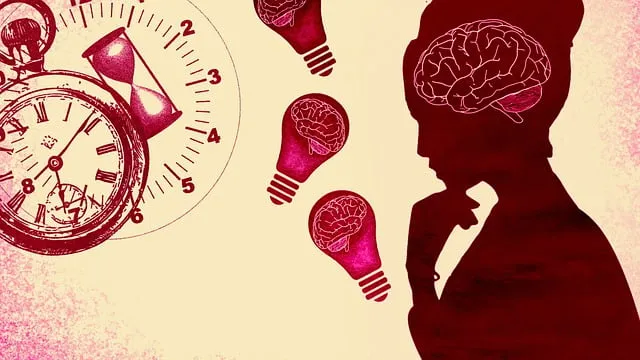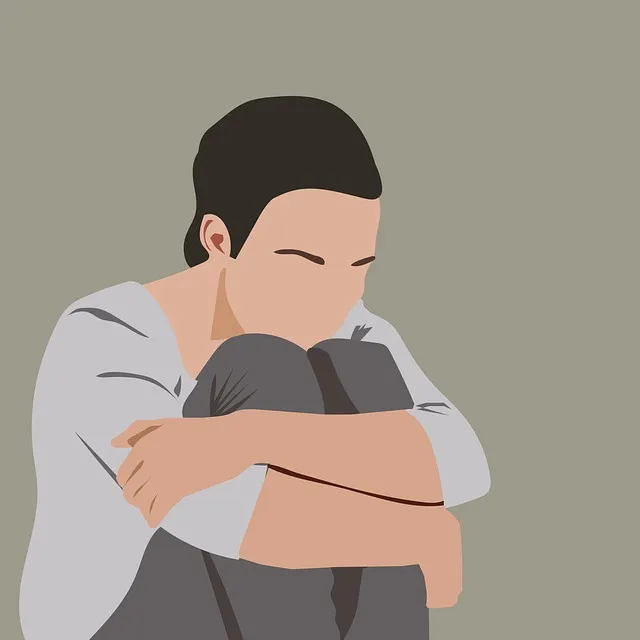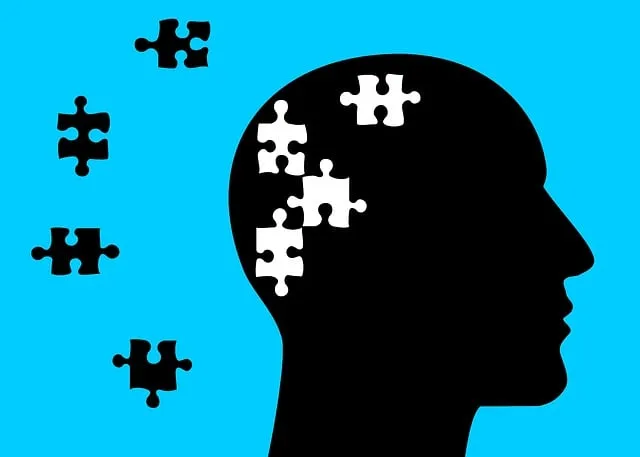Lone Tree Kaiser Permanente behavioral health services leads in mental health advocacy, creating a supportive environment through awareness campaigns and destigmatization. They offer comprehensive care, from individual therapy to community engagement, focusing on early intervention, resilience building, and evidence-based practices. Their multi-faceted approach includes public education, Mind Over Matter principles, specialized programs, and Stress Management Workshops to break down barriers and normalize seeking help. Regular evaluation of KPIs like client satisfaction and clinical outcomes ensures their services remain relevant and accessible, promoting overall community well-being.
Mental health advocacy is a powerful tool for creating positive change, especially in fostering supportive communities. This article explores the significance of mental health initiatives, focusing on how organizations like Lone Tree Kaiser Permanente Behavioral Health Services play a vital role in shaping well-being. We delve into strategies for effective advocacy, addressing barriers, and measuring impact to ensure successful campaigns that promote behavioral wellness. By understanding these key aspects, we can collectively drive meaningful transformation in mental healthcare access.
- Understanding Mental Health Advocacy: A Necessary Push for Change
- The Role of Lone Tree Kaiser Permanente Behavioral Health Services in Community Support
- Strategies for Effective Mental Health Advocacy Initiatives
- Overcoming Barriers: Challenges and Solutions in Promoting Behavioral Wellness
- Measuring Impact: Evaluating Success and Shaping Future Actions
Understanding Mental Health Advocacy: A Necessary Push for Change

Mental health advocacy is a powerful tool for driving positive change and ensuring that individuals receive the support they need. It involves raising awareness, challenging societal stigmas, and promoting access to quality care. At Lone Tree Kaiser Permanente behavioral health services, we recognize the critical role advocacy plays in improving mental well-being on an individual and community level. By advocating for better understanding, acceptance, and resources, we aim to create a more supportive environment where people can openly discuss their struggles without fear of judgment.
This proactive approach is essential in addressing issues like depression prevention and resilience building. It encourages early intervention, which can significantly impact long-term mental health outcomes. Through advocacy, we push for evidence-based practices and innovative strategies that enhance confidence boosting measures, ensuring individuals have the tools to navigate life’s challenges effectively. By fostering a culture of open dialogue and destigmatization, Lone Tree Kaiser Permanente behavioral health services strives to make mental health a priority, ultimately improving the overall well-being of our community.
The Role of Lone Tree Kaiser Permanente Behavioral Health Services in Community Support

Lone Tree Kaiser Permanente Behavioral Health Services plays a pivotal role in fostering community support for mental health advocacy. Through its comprehensive range of services, the organization addresses various aspects of behavioral well-being, from individual therapy to group support sessions. This holistic approach not only treats mental illness but also empowers individuals with tools like conflict resolution techniques and compassion cultivation practices, thereby reducing the stigma associated with mental illnesses.
The initiative extends beyond traditional care by engaging the community in mental illness stigma reduction efforts. By creating safe spaces for open conversations, Lone Tree Kaiser Permanente Behavioral Health Services encourages empathy and understanding, which are crucial in breaking down barriers faced by individuals struggling with their mental health. These efforts contribute to a more inclusive society where support is readily available and accessible to all.
Strategies for Effective Mental Health Advocacy Initiatives

Mental health advocacy initiatives require a multi-faceted approach to be truly effective. One key strategy is public awareness campaigns that educate individuals and communities about mental health issues, breaking down stigma and promoting understanding. Lone Tree Kaiser Permanente behavioral health services have successfully used these campaigns to engage diverse audiences through creative storytelling and accessible information dissemination.
Additionally, incorporating Mind Over Matter principles can empower individuals to take charge of their mental well-being. Initiatives focused on burnout prevention, stress management, and resilience-building equip people with tools to navigate life’s challenges. By fostering a culture that prioritizes mental health alongside physical health, these strategies contribute to lasting positive change.
Overcoming Barriers: Challenges and Solutions in Promoting Behavioral Wellness

Promoting behavioral wellness is often hindered by various barriers that can make it challenging for individuals to seek and access support for their mental health. One significant obstacle is the stigma associated with mental illness, which can discourage people from reaching out due to fear of judgment or discrimination. Overcoming this requires concerted efforts from healthcare providers, community leaders, and educational institutions to foster open conversations about mental health and normalize seeking help. Lone Tree Kaiser Permanente behavioral health services play a crucial role in this regard, offering specialized programs designed to break down these barriers.
Another challenge lies in reaching underserved populations who might lack access to quality mental health resources or face cultural and linguistic barriers. Mental Health Education Programs can be tailored to address specific communities’ needs, ensuring that everyone has the opportunity to learn about emotional regulation and stress management techniques. Additionally, Stress Management Workshops organized by such initiatives teach practical skills for coping with daily stressors, enhancing overall well-being. By combining education, awareness, and accessible services, these programs work towards a more inclusive and supportive environment, ultimately encouraging individuals to prioritize their behavioral wellness.
Measuring Impact: Evaluating Success and Shaping Future Actions

Evaluating the impact of mental health advocacy initiatives is a critical step in understanding their success and identifying areas for improvement. At Lone Tree Kaiser Permanente behavioral health services, we employ robust evaluation methods to assess the effectiveness of our programs. This involves tracking key performance indicators (KPIs) such as client satisfaction, engagement rates, and clinical outcomes related to depression prevention and Conflict Resolution Techniques. By analyzing these metrics, we can pinpoint what’s working well and what needs adjustment in our approach.
For instance, incorporating Mindfulness Meditation practices has shown promising results in enhancing clients’ coping mechanisms. This feedback informs our future actions, leading us to further integrate evidence-based strategies into our advocacy initiatives. Such evaluations ensure that our mental health services remain relevant, accessible, and tailored to the evolving needs of our community.
Mental health advocacy initiatives, as exemplified by the work of Lone Tree Kaiser Permanente behavioral health services, play a pivotal role in fostering community support and overcoming barriers to behavioral wellness. By implementing effective strategies and addressing challenges head-on, these programs can significantly impact individual lives and create lasting positive change. Understanding these initiatives, their roles, and success metrics is crucial for promoting mental health awareness and ensuring accessible resources for all.




